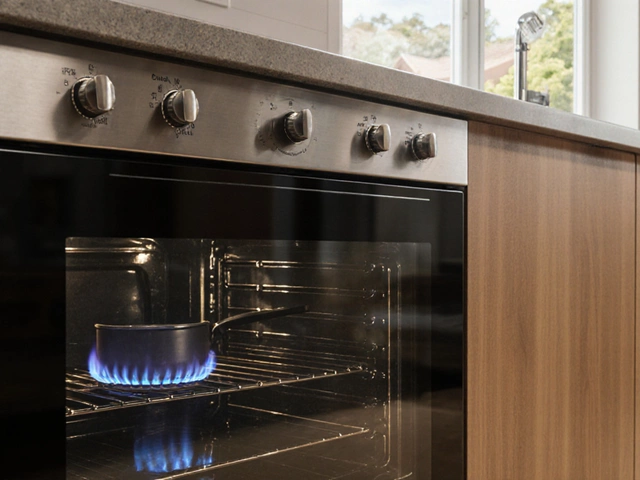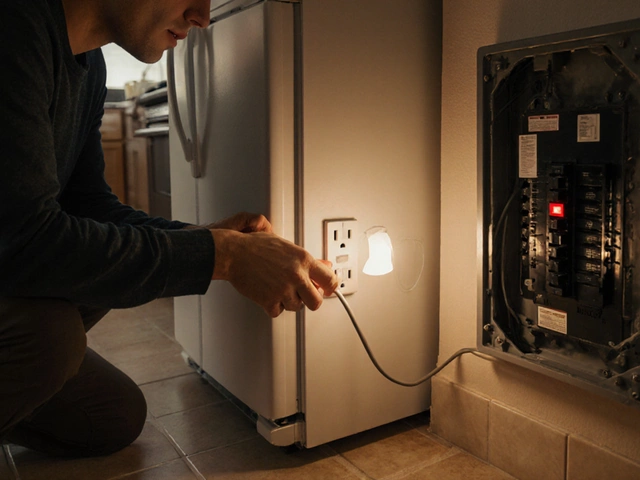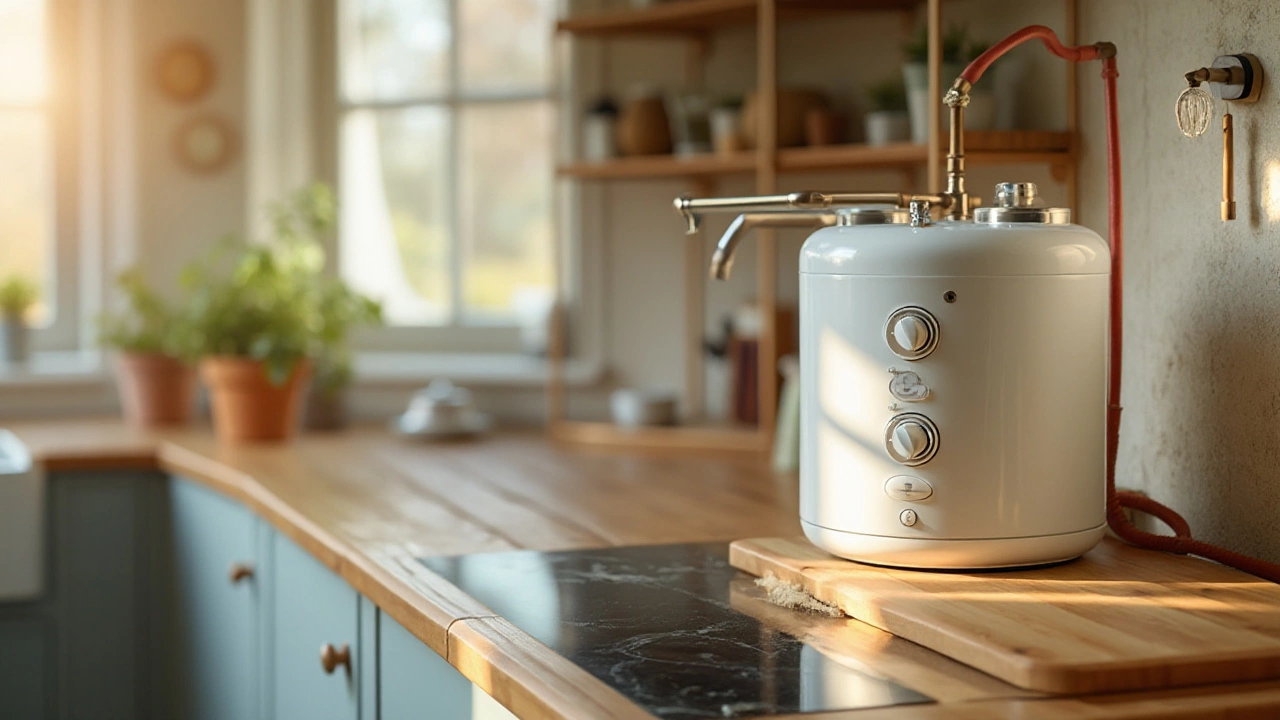Heater Maintenance: Simple Steps to Keep Your Home Warm
When your heating system starts acting up, the first thing most of us think of is calling a pro. But a lot of problems can be avoided with a few regular chores you can do yourself. A quick check once a season can keep your boiler, water heater, or space heater running smoothly, lower your energy bill, and stop a cold surprise in the middle of winter.
Why Regular Maintenance Matters
Heat‑generating appliances work hard, so they need a bit of care. Dust, mineral buildup, and worn parts lower efficiency, which means more fuel or electricity for the same amount of heat. Over time that extra load can wear out components faster, leading to costly repairs or a total break‑down. Keeping things clean and tight also reduces safety risks – a clogged boiler vent or a cracked water‑heater tank can cause leaks, carbon monoxide, or even fire.
Besides safety, a well‑maintained heater adds comfort. You’ll notice steadier temperatures, fewer strange noises, and quicker heat up times. And if you ever need to sell your house, a recent maintenance record is a nice selling point that can boost the property’s value.
Easy Maintenance Checklist
1. Turn off and cool down – Before you start, shut the heater off and let it cool. This protects you and prevents accidental burns.
2. Visually inspect for leaks – Look around pipes, joints, and the tank for any water or steam. A small drip early on is easier to fix than a flood later.
3. Clean the burner and heat exchanger – Dust and soot collect on the burner and inside the heat exchanger. Use a soft brush or vacuum with a hose attachment to clear the debris. For gas boilers, a gentle spray of water can help, but be sure the unit is completely dry before turning it back on.
4. Flush the water heater – Sediment builds up at the bottom of a tank, reducing heat transfer. Connect a garden hose to the drain valve, open the valve, and let the water run until it’s clear. Do this once a year for a tank‑type heater; a modern tank‑less system needs a descaling kit instead.
5. Check the pressure gauge – Most boilers have a pressure dial around 1‑2 bar when cold. If it’s low, add water via the filling loop; if it’s high, bleed a radiators or release excess pressure.
6. Test safety controls – Turn the thermostat up and feel if the heater kicks in. For gas units, listen for the characteristic click‑pop of the igniter. If anything sounds off, call a qualified technician.
7. Replace filters and seals – If you have a forced‑air system, the filter should be swapped every 1‑3 months. For space heaters with removable grills, clean the mesh and check for cracked seals that let cold air in.
Doing this checklist once a year (or before the heating season starts) takes less than an hour and can save you dozens of pounds on energy bills and repairs.
Of course, some tasks still need a professional – anything involving gas lines, electrical wiring, or major part replacements. But the more you handle yourself, the better you’ll know what’s normal and when something truly needs a call‑out.
So, grab a screwdriver, a bucket, and a garden hose, and give your heater the TLC it deserves. A little upkeep now means cozy evenings later, without the headache of an unexpected breakdown.








